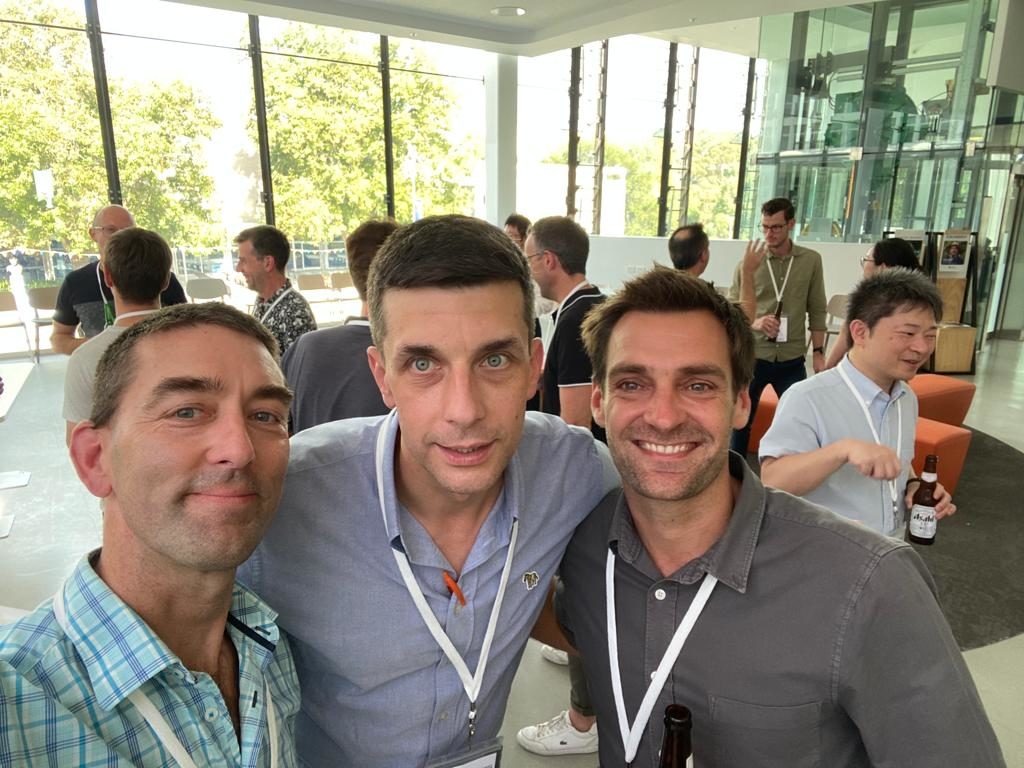
Major recent advances in the field of optogenetics (a technique that uses light instead of drugs to control specific cells in the body) were shared among international experts at a major conference hosted at Flinders University on 23-24 February.
The two-day meeting provided an opportunity for Australian groups working in the field of neurogenetic techniques (optogenetics and chemogenetics) to get together in person to share insights, techniques, and the latest developments and applications of new technology.
The impressive list of keynote presenters included international luminaries in their field:
- Chandra Tucker (University of Colorado, USA),
- Akihiro Yamanaka (Nagoya University, Japan),
- Alexander Gottschalk (Goethe University, Germany),
- Gusong Hong (Stanford University, USA),
- Yves De Koninck (Laval University, Canada) and
- Ofer Yizhar (Weizmann Institute, Israel).
Originally initiated by Professor Harald Janovjak in 2020, this most recent meeting marks the first opportunity for these experts to meet in person since the outbreak of COVID-19. Flinders Professor Nick Spencer, who worked together with Associate Professor Wendy Imlach and Professor Harald Janovjak to deliver the 2023 event was thrilled with the outcome.
“This collaborative event allowed attendees to gain valuable insight into what the top laboratories around the world are currently working on, with the intention of incorporating the latest techniques from overseas into Australian science”, said Professor Spencer.

The event also put a spotlight on the research environment here at Flinders University.
“In a small country (population-wise) like Australia it is important that peers know you well and understand the research energy from your institution. [This meeting] showcased not only our beautiful campus to local and international attendees, but also our laboratories and the new Health and Medical Research building.”
“Many attendees left with an attractive impression of the research environment here at Flinders – there is a strong change this meeting will now lead to recruitment of more top scientists to our great institution.”
According to Professor Spencer, the small-scale event provided far better opportunities for networking and the exchange of ideas than other large-scale events.

“Having small group meeting (in this case around 85 people) was far better than scientific meetings of 30,000 people, which are simply overwhelmingly large.”
In addition to the formal aspect of the event held in Bedford Park’s Alere function room, the conference networking dinner in Glenelg was a fantastic way to close the event, unwind, and mingle with new scientists to the field.
“The 2023 meeting was such a success that people from interstate institutions have already approached us expressing strong interest in organising the next event for 2024 and beyond.”
The meeting has been sponsored by the Flinders Foundation, Flinders University, and the Australasian Neurogastroenterology & Motility Association (ANGMA).

